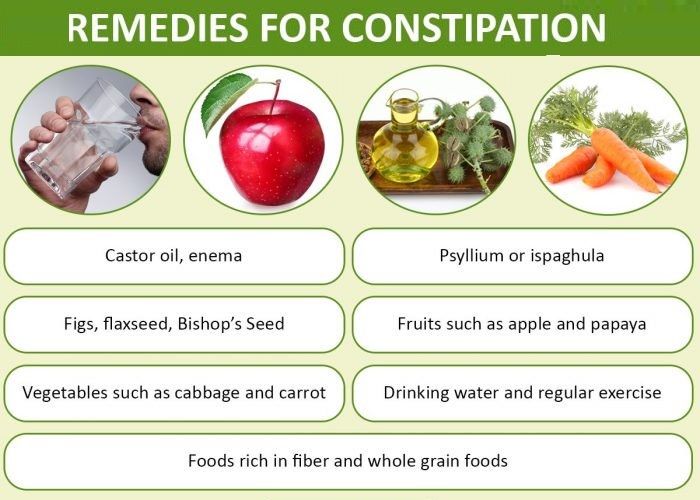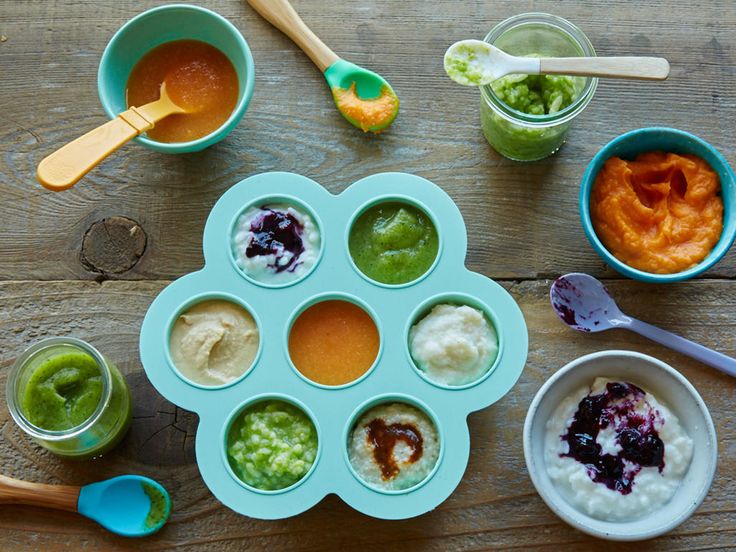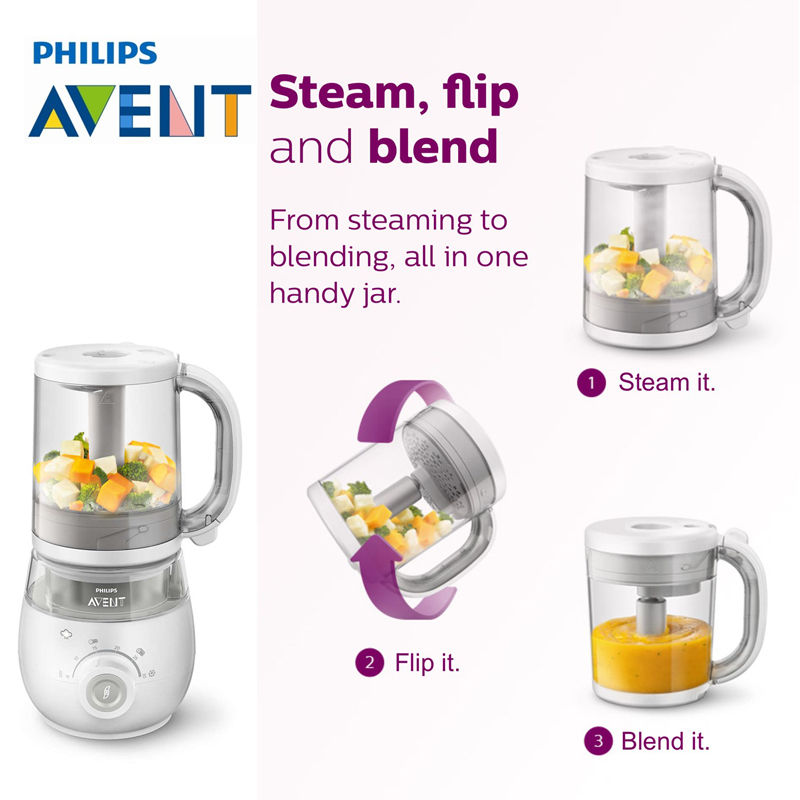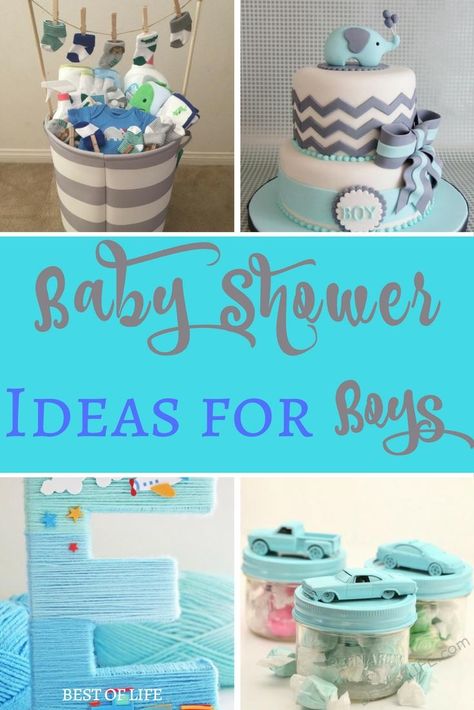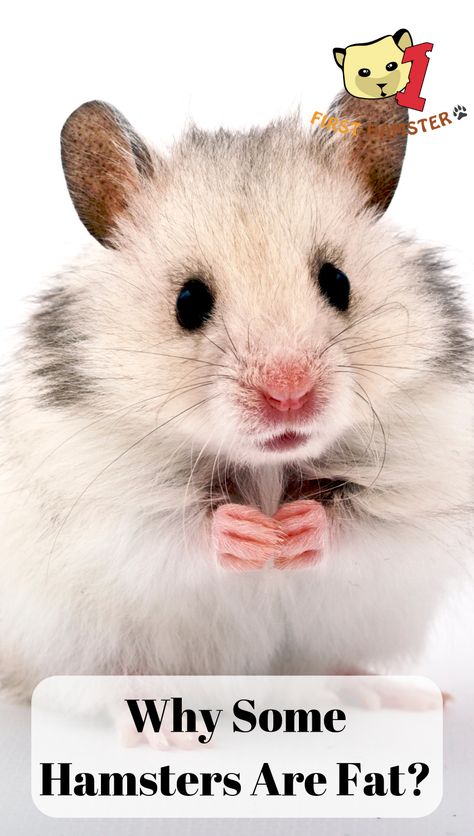Baby food stock
| No results found | ||
| No results found | ||
Baby Stocks to Buy in the Midst of Baby Formula Shortage
The same supply chain and labor shortages that have hit many stocks around the globe have also hit companies that make baby formula. The shortage in the supply of baby formula could mean a jump in prices for the formula made by baby stocks.
Abbott Laboratories (NYSE: ABT) put in place a voluntary recall of its powdered baby formula made at its Sturgis, MI facility. In February, certain brands of powdered baby formula were recalled and are not currently available to sell, making the shortage worse. The company is actively working with the Food and Drug Administration (FDA) to resolve the issues.
In the meantime, the FDA is taking steps to address the shortage. In a press release put out this month, FDA Commissioner Robert M. Califf, MD, said, “Our teams have been working tirelessly to address and alleviate supply issues and will continue doing everything within our authority to ensure the production of safe infant formula products.”
The press release goes on to say that one of the steps the FDA is taking is to streamline the import entry review process for certain products coming from foreign facilities with favorable inspection records. In other words, international baby stocks may bump in business. With that being said, investors looking to benefit from the baby formula shortage may want to look abroad.
Best Baby Stocks
You may be surprised to know that some of the best baby stocks are foreign companies. For instance, Nestle (OTC: NSRGY) makes famous U.S. baby formula and baby food brand Gerber. In addition, Nestle makes other international branded baby formulas. Also, Danone (OTC: DANOY) makes Aptamil branded baby formula in the U.K.
Here is a closer look at the two foreign makers of baby formula…
Nestle
The maker of Gerber and other foreign baby formula brands like Nido and Cerelac. The company is based in Switzerland and makes many other branded packaged goods. Nestle’s high-end branded bottled water brands include Perrier and San Pellegrino. The coffee brand, Nescafe, is made by Nestle. They are also big in candy and snacks. Readers in the U.S. may have eaten KitKat or Smarties made by Nestle. The company also makes ice cream brands like Haagen-Dazs and Dreyer’s and pet food brand Purina. Pet care has been a quickly growing industry over the last several years.
Danone
In addition to baby formula, Danone sells products in other areas. Danone’s biggest segments are dairy products, such as milk and yogurt, where they sell brands like Danone, Activia, and Oikos. They also make a coffee creamer brand, International Delight. Another segment is bottled water. The company sells Evian bottled water in the US and other popular brands in international markets.
Formula and Baby Stocks
There could be other ways to fill the baby formula shortage without help from imports. For instance, Perrigo Company (NYSE: PRGO) makes store-branded baby formula for big retailers like Walmart (NYSE: WMT), Target (NYSE: TGT) and Amazon.com (Nasdaq: AMZN).
In a recent press release, Perrigo CEO Murray Kessler said that he thinks the baby formula shortages will continue for the rest of the year. The press release states that the FDA has asked that Perrigo focuses on store-branded versions of recalled baby formula from Abbott.
Perrigo has about 8% of the U.S. baby formula market. That number has risen as the company works to fill the shortage, more information below for readers interested in Perrigo stock.
In addition to baby formula, Perrigo also sells health care products. The company sells skin care and personal hygiene products, upper respiratory drugs, as well as pain and sleep aids. The stock is down this year but has a dividend yield of 2.83%. The stock could rise if Perrigo sees additional sales of its baby formula this year.
Parents want to give their children the best food and products to ensure their babies are happy and healthy. You probably know those baby products are costly if you’re a parent. For those reasons, readers may be interested in baby product stocks.
Baby Product Stocks
Like babies, baby product stocks come in many different shapes and sizes. Babies need many other things like special food, clothing, toys, diapers and safety products. If you’re like baby stocks, here are a few to consider.
Carter’s (NYSE: CRI)
Carter’s is a market share leading baby clothing maker. The Carter’s brand name is popular with parents in the U.S. and abroad. The company sells its clothing on e-commerce sites and retailers like Walmart and Target. In addition, Carter’s has partnered with Amazon.com to sell the Simple Joys brand. The stock has a P/E ratio just under 11x.
The Walt Disney Company (NYSE: DIS)
Customers around the globe know Disney’s movies and baby TV shows. In addition to their popular media business, Disney also sells baby products with branded TV and movie characters. As babies grow, they can keep consuming Disney products and visiting Disney’s parks. This year, the stock has fallen as it works to build out its TV and movie streaming service, Disney+.
Kimberly-Clark (NYSE: KMB)
Kimberly-Clark sells paper products like tissues and paper towels used to clean up a baby’s runny noses and spilled milk. In addition, it sells diapers. Kimberly-Clark’s brands include Kleenex, Pull-Ups and Huggies. The stock pays a dividend yield of 3.33%.
Risks in Baby Stocks
Although baby stocks may be a great source of return for your account, they come with risk, just like any other stock. For instance, the shortage in baby formula may offer a short-term gain for companies. What happens when the shortage goes away? Will the stock fall? Will the shortage be shorter than you think? These questions are risks that you should have answers to before investing.
In addition, many baby stocks have other businesses. That means they may sell products or services that are not involved in baby formula or baby products at all. For instance, Neste and Danone sell water and dairy products. Investors should be okay with the non-baby segments that their stocks are in before investing.
BJ Cook is a long-time stock nerd. He has held several roles in the equity research world and earned the right to use the CFA designation in 2014. When he’s not writing for Investment U, you can find him searching for new investment ideas. Outside the investment community, BJ is a die-hard Cubs fan.
We play the supply of baby food - kp.ru
Komsomolskaya Pravda
KP "KP"
Olga Sukhova
May 24, 2019 12:12
Participate in the Competition "My Baby" and get a whole package of yummy for crumbs
Win a baby food package
Summer is coming soon. And June 1 is not only the beginning of the coolest month of the year, but also International Children's Day. In Russia, it is better known as Children's Day. On June 1, holidays for children will be held in all cities of the Kuban. And we also decided to please our young readers with gifts - those who are not yet a year old.
Our partner Bibikol, which produces baby food based on goat's milk, has prepared five gift bags. They contain baby porridge made from organic goat's milk, which does not contain gluten and sugar, as well as jars of fruit purees and convenient spoons for feeding the baby.
Win a baby food package from "Bibikol" Photo: Olga SUKHOVA
To receive this delicious gift, you need to send a photo of your baby to the editorial office of KP-Kuban by e-mail olga. [email protected]. In the description for the picture, be sure to indicate the age of the crumbs, his first and last name, as well as the locality in which the child lives. Don't forget to include your phone number as well - this is necessary so that we can contact you if your child wins the competition.
We accept photos and applications for participation until 17:00 on May 31st. And already on June 1, we will start voting on our website kuban.kp.ru. The first five kids who get the most votes will receive gifts from our partner.
Attention, competition for babies up to a year old.
Regulations on the competition
Age category of the site 18+
Online publication (website) registered by Roskomnadzor, certificate El No. FS77-80505 dated March 15, 2021
CHIEF EDITOR - NOSOVA OLESIA VYACHESLAVOVNA.
EDITOR-IN-CHIEF OF THE SITE - KANSK VICTOR FYODOROVICH.
THE AUTHOR OF THE MODERN VERSION OF THE EDITION IS SUNGORKIN VLADIMIR NIKOLAEVICH.
Messages and comments from site readers are posted without preliminary editing. The editors reserve the right to remove them from the site or edit them if the specified messages and comments are an abuse of freedom mass media or violation of other requirements of the law.
Krasnodar branch of JSC Publishing House Komsomolskaya Pravda, 350000, Krasnodar, st. Oktyabrskaya, 72. Multichannel telephone - 8 (861) 992-7-992; secretary - ext. 102.
Exclusive rights to materials posted on the website www.kp.ru, in accordance with the legislation of the Russian Federation for the Protection of the Results of Intellectual Activity belong to JSC Publishing House Komsomolskaya Pravda, and do not be used by others in any way form without the written permission of the copyright holder.
Acquiring copyright and contacting the editor: [email protected]
the truth about what is in the ingredients.
- Ekaterina Borisovna, there is a lot of debate about the benefits of baby food from a jar. Let's try to confirm or dispel the myths and tell parents the whole truth about children's canned products.
Myth #1. Baby food in jars is made from vegetables and fruits that are unsuitable for sale in their natural form. Raw materials of poor quality underlie it.
- Not true. The production of canned baby food is a complex technological process consisting of several mandatory steps, including a careful selection of raw materials. The quality and safety of baby food initially depends on this.
When sorting , all vegetables and fruits with any defects are utilized, and a batch of raw materials of uniform quality is formed.
Sorting includes:
- visual assessment of raw materials;
- removal of non-standard, immature, moldy and broken fruits. Grouping by size and weight is not carried out: these indicators do not affect the quality of finished baby food.
When cleaning raw materials , all inedible and low-nutrient parts are removed from fruits and vegetables - the skin, seeds, stalks, the core is removed from apples and pears. Parents can be sure that their baby will receive only the most useful and nutritious.
Myth No. 2: The quality of baby food in jars is doubtful - it contains a lot of preservatives that are dangerous for babies.
- The inclusion of preservatives in baby food is prohibited by law , at least in our country. But the use of vitamin D or ascorbic acid is allowed. They do not harm babies, but significantly increase the benefits of the product.
- Ekaterina Borisovna, however, it is known that without preservatives, the shelf life of products is reduced.
— The long shelf life of baby food without preservatives is ensured by aseptic production technology, product sterilization and vacuum packaging, which protects it from harmful microorganisms. The cotton that we hear when opening a jar is an indicator of the correct packaging and safety of the product.
Myth #3. There are other unnatural ingredients in canned food without preservatives that can be harmful to a child's health.
- The complete composition of baby food must be clearly stated on the packaging by the manufacturer. Corn starch or rice flour can be added as safe thickeners to give the desired consistency. But the range of children's canned food allows you to choose products without these additives. The presence of spices is not forbidden, but their list is limited and strictly regulated.
It is prohibited to include technological substances to impart aroma and enhance color and taste.
Myth #4. Flavor enhancers are added to canned food, otherwise children refuse to eat it.
- Production technologies allow extracting the maximum of useful elements from raw materials and at the same time preserving its taste. For example, , in order not to destroy biologically active substances, raw materials for baby puree are not boiled , but in order to obtain a delicate texture and not spoil the taste, it is wiped in special mashing machines in an atmosphere of steam or inert gases. Such subtleties of production explain the unique taste of canned mashed potatoes, which you cannot get at home on your own.
See also
- how to introduce puree into complementary foods
Myth #5. Canned baby food is expensive and costs parents more than homemade purees.
— Seasonal harvest is inexpensive, making mashed potatoes seems like an elementary task. But there are few fruits of our own in our country. Harvesting a year in advance is a difficult and costly business (you will need a capacious freezer). Preserving vegetables is even more difficult, you need at least a basement. In addition, the amount of vitamins with this method of harvesting decreases in proportion to the storage time (autumn apples lose most of their useful properties by spring).
— Fruit and vegetable sections are filled in stores all year round.
Yes, but children need variety in their diet. Today an apple, tomorrow a pear, the day after tomorrow an apricot. For example, to prepare 100 g of apricot puree, you will need at least 300 g of apricots without peel and stone. For the price, this is comparable to the price of a jar, but you still need time to buy and cook.
And the most important thing is safety. At the plant, raw materials for baby food are thoroughly tested for the content of toxic substances. The standards for the content of pesticides, nitrates and other chemical additives for sale in the store are different, and no one guarantees that the zucchini bought from the grandmother on the market did not grow in the zone of increased radiation or was not fed with nitrogenous fertilizers. Therefore industrial canned puree is safer than , and at a price that's about what it comes out to be.
Myth #6. There are few vitamins and nutrients in a jar of complementary foods, as they are destroyed during the conservation process.
- Vegetables and fruits are full of healthy nutrients during the harvest season. But during long-term storage, they lose almost everything except fiber and starch. In addition to this, the fruits are irrevocably destroyed during heat treatment at home - for example, during cooking, up to 20% of vitamin B and more than 50% of ascorbic acid are lost.
The picture is quite different in the factory production of complementary foods, when the useful properties of the raw materials are preserved to the maximum. In addition, complementary foods can be additionally saturated with vitamins and trace elements. Food packaging always indicates their presence and the percentage of the daily dose.
Myth #7. Food from a jar provokes the development of allergies.
— The risk of developing an allergic reaction to food in a jar is no higher than to food prepared by oneself. If a child is allergic to pumpkin, then boiled, steamed and canned, there will be a reaction to it. Another question is that an auxiliary component of canned puree (for example, starch or ascorbic acid) can cause allergies. In this case, it is safer to choose products without such additives.
Often confused with allergies food intolerance . The symptoms are similar, but the reasons for the latter lie in non-compliance with the rules of complementary foods (for example, they gave a new product ahead of schedule or immediately in large quantities). Without knowing it, mothers expose the child's body to excessive stress when the baby's enzyme system is not yet ready to process the edible "gift". For this reason, the child's body becomes covered with a rash, problems with the tummy, regurgitation and other delights appear.
Complementary foods: what you need to know
- It's worth trying a new product in small quantities.
- The daily dose is increased gradually.
- Red cheeks, rashes on the arms and under the knees - a reason to exclude the product from the child's diet and consult a doctor.
Myth #8.
— Control over the quality of nutrition for children is multifaceted and is carried out at all stages - from the procurement of raw materials to the sale in the store. Compliance with safety standards during production and storage, the usefulness of the product in terms of protein, carbohydrate and fat components, the concentration of vitamin elements and other components declared on the package are monitored. Organoleptic testing determines the quality of products by taste, aroma, appearance, consistency.
Unfortunately, despite the rather strict control, information about reviews from the sale of low-quality baby food periodically pops up. Probably, this cannot be avoided, as well as the falsification of medicines and other goods. But you can protect yourself as much as possible from acquiring fakes.
How to choose quality baby food in jars
- It is better to buy food in large specialized stores, pharmacies.
- Consider value for money. If the price is significantly lower than usual, do not rush to buy an annual supply, study the composition and the certificate of conformity for the product.
- Inspect the packaging carefully. Do not take a damaged package with traces of worn paint, smeared or blurry letters, a swollen or crumpled jar.
- Always try a new product before giving it to a child. You can easily distinguish changes in taste, smell, texture.
Myth #9. Manufacturers add starch to thickening canned food, but they do not always report this on the packaging. This is true? And will the iodine test show the presence of starch?
- In stores, a fairly wide range of baby purees with and without the addition of starch. A significant component of starch is glucose , the main source of our vital energy. Starch is often a natural product. In nature, there are many plants and products from which starch can be extracted: potato, corn, rice and wheat are widely known.
The debate about the dangers or benefits of starch can go on forever. Children are able to absorb starch from birth, it's all about its volume. A small amount of thickener in baby food will be absorbed by the child. Harmful daily proportion of starch - from 30 g.
Starch is included in 90% of the food that a person consumes in everyday life. You should not be afraid of it, but you need to be careful, because starch:
- with excessive use and individual tendency causes constipation;
- is capable of provoking an allergic reaction;
- increases the calorie content of food and promotes weight gain;
- contains a lot of carbohydrates, but is useless as a source of vitamins.
Therefore, if a child has a tendency to allergic reactions, overweight or constipation, you should not use food with the addition of starch. Children with underweight or unstable stools may well try it.
Reaction with iodine - a qualitative reaction to starch with the formation of a dark blue spot. This is a really affordable method of checking baby food. But before using it, you should study which products contain starch. It is possible that a positive reaction will not be on an artificially added component, but on natural starch. A lot of natural starch in potatoes, corn, legumes, carrots, zucchini, pumpkin, banana and unripe apples. And it is natural that the reaction with iodine in the puree of these products will be positive. But in the composition of mashed broccoli or white cabbage, starch should not be, unless the manufacturer specifically added it.
Myth #10. The child gets used to eating from a jar and for a long time refuses the "adult" table.
- Opposite. Children in infancy and under 18 months are not allowed to give sugar, salt, seasonings and spices. Therefore, until the mother has included these “adult” supplements in her child’s diet, purchased food will remain his favorite food. But having tried salty or sweet once, the baby begins to demand a new product and refuse fresh canned food.
A child and an adult have a different perception of tastes. Therefore, you can not give the baby a dish that you like to taste, sweeten and add salt to food. When the time comes and the child is ready to receive products close to the common table, he himself will gladly refuse fresh jars, trying more and more new tastes.
— Ekaterina Borisovna, can canned baby food completely replace homemade baby food?
— Of course, and quite successfully. Regardless of the season, it is possible to provide the baby with a complete and varied diet only with the help of canned food. Yes, and it is impossible to repeat the taste of factory food on your own due to the special manufacturing technology. In addition, despite the fact that the assortment of fruits and vegetables in the store is quite large even in winter, their taste and useful properties, and most importantly, safety, are very doubtful. Of course, it is worth remembering about the time that a mother can devote to a baby, instead of puzzling over the variety of menus and cooking.
— Why are MAMAKO ® baby purees good for children? What are their advantages?
— Very often, kids get bored with the taste of monocomponent puree, and not everyone eats cottage cheese willingly either. Puree MAMAKO ® consists of fruits and tender goat curd without thickeners, preservatives or other artificial additives. Such a puree with a delicate creamy taste can be introduced into the diet from 6 months, it is more nutritious and serves as an additional source of calcium, which is necessary during the period of intensive growth. Therefore, along with monocomponent purees, I always recommend including such interesting, and most importantly - without sugar and thickeners, healthy products in the child's diet.
I would like to once again appeal to young parents - be above prejudice.

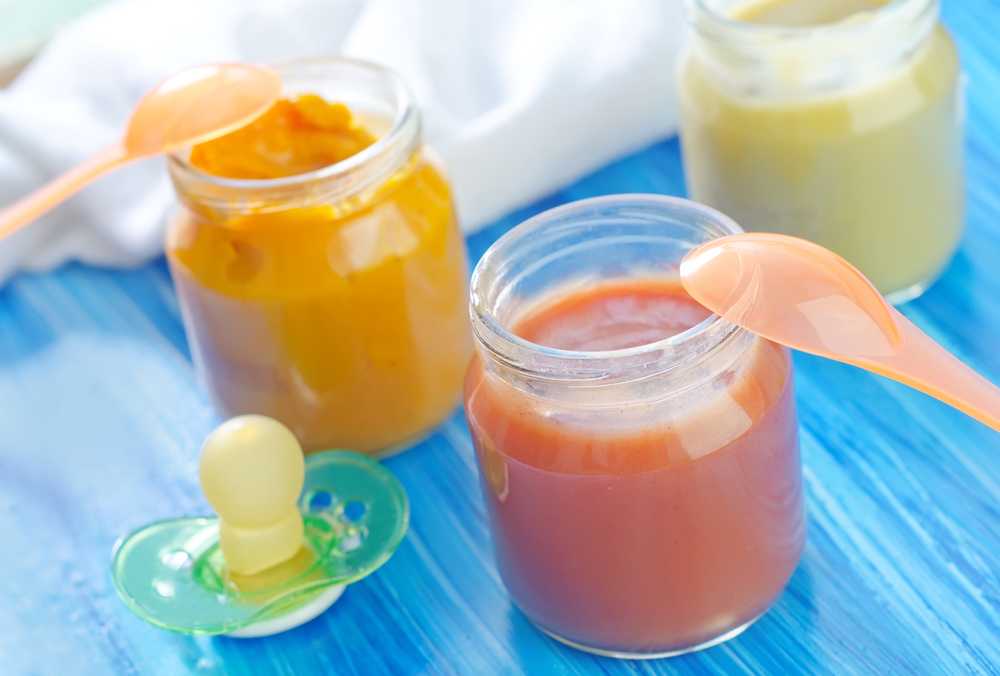 J. Zhang's Winner Take AllJeanette Pavini's Buyer BewareJeff Reeves's Strength in NumbersJennifer OpenshawJennifer Waters's Consumer ConfidentialJim LowellJohn Dvorak's Second OpinionJohn Prestbo's Indexed InvestorJonathan Burton's Life SavingsKathleen MadiganKelley Blue BookKey WordsKeynote SpeakerKnown UnknownsLawrence A. Cunningham's Quality InvestingLawrence G. McMillanLifestyleLivabilityLiving With Climate ChangeLocation ScoutsLondon MarketsLove & MoneyMansion GlobalMark HulbertMarket ExtraMarket PulseMarket SnapshotMarketPlaceMarketWatch 25 YearsMarketWatch Adviser WeeklyMarketWatch and LearnMarketWatch First TakeMarketWatch MetricsMarketWatch Options TraderMarketWatch PremiumMarketWatch Retirement NewsletterMarketWatch Summer VacationMarketWatch UpdateMarsh on MondayMedia BlitzMedill News ServiceMemeMarketsMemeMoneyMetals StocksMichael BrushMichael Casey's FX HorizonsMichael Sincere's Long-Term TraderMoney BrainMoneyismMorning MoversMortgage RatesMortgagesMovers & ShakersMutual FundsMutual Funds WeeklyMystery Economic TheaterNeed to KnowNerdWalletNewsWatchNext AvenueNo-Nonsense CollegenumberFireOutside the BoxPaul B.
J. Zhang's Winner Take AllJeanette Pavini's Buyer BewareJeff Reeves's Strength in NumbersJennifer OpenshawJennifer Waters's Consumer ConfidentialJim LowellJohn Dvorak's Second OpinionJohn Prestbo's Indexed InvestorJonathan Burton's Life SavingsKathleen MadiganKelley Blue BookKey WordsKeynote SpeakerKnown UnknownsLawrence A. Cunningham's Quality InvestingLawrence G. McMillanLifestyleLivabilityLiving With Climate ChangeLocation ScoutsLondon MarketsLove & MoneyMansion GlobalMark HulbertMarket ExtraMarket PulseMarket SnapshotMarketPlaceMarketWatch 25 YearsMarketWatch Adviser WeeklyMarketWatch and LearnMarketWatch First TakeMarketWatch MetricsMarketWatch Options TraderMarketWatch PremiumMarketWatch Retirement NewsletterMarketWatch Summer VacationMarketWatch UpdateMarsh on MondayMedia BlitzMedill News ServiceMemeMarketsMemeMoneyMetals StocksMichael BrushMichael Casey's FX HorizonsMichael Sincere's Long-Term TraderMoney BrainMoneyismMorning MoversMortgage RatesMortgagesMovers & ShakersMutual FundsMutual Funds WeeklyMystery Economic TheaterNeed to KnowNerdWalletNewsWatchNext AvenueNo-Nonsense CollegenumberFireOutside the BoxPaul B. FarrellPaul BrandusPersonal Finance DailyPeter MoriciProject SyndicateReal RetirementRealtor.comRetail StocksRetire BetterRetire Here, Not ThereRetirement HacksRetirement LivingRetirement WeeklyRetireMentorsRevolution InvestingRex NuttingRex On TechsRise of the MachinesRobert Powell's Retirement PortfolioSlide ShowSocial CapitalSpecial Report: Western Drought WatchSplurge WorthySportsWatchStocks to WatchStockWatchStratforSustainable InvestingSwerveTax GuyTaxing TimesTaxWatchTech StocksTelecom StocksThe AdvicerThe BalanceThe Big DealThe Big MoveThe Big NumberThe ConversationThe Escape HomeThe Fast FoodistThe FedThe Fine PrintThe First YearThe Human CostThe MarginThe MarketWatch 50The MarketWatch Q&AThe MoneyistThe New York PostThe Number OneThe Ratings GameThe Rental TrapThe Sniff TestThe Technical IndicatorThe TellThe UpcyclerThe Value GapThe View From UnretirementThe Wall Street JournalTheir StoriesTherese Poletti's Tech TalesTim MullaneyTop TenTravelTrump TodayUnderstanding Social SecurityUpgradeVitaliy Katsenelson's Contrarian EdgeWashington WatchWeekend RoundupWeekend SipWhat's Worth StreamingWhere Should I Retire?Your Digital Self
FarrellPaul BrandusPersonal Finance DailyPeter MoriciProject SyndicateReal RetirementRealtor.comRetail StocksRetire BetterRetire Here, Not ThereRetirement HacksRetirement LivingRetirement WeeklyRetireMentorsRevolution InvestingRex NuttingRex On TechsRise of the MachinesRobert Powell's Retirement PortfolioSlide ShowSocial CapitalSpecial Report: Western Drought WatchSplurge WorthySportsWatchStocks to WatchStockWatchStratforSustainable InvestingSwerveTax GuyTaxing TimesTaxWatchTech StocksTelecom StocksThe AdvicerThe BalanceThe Big DealThe Big MoveThe Big NumberThe ConversationThe Escape HomeThe Fast FoodistThe FedThe Fine PrintThe First YearThe Human CostThe MarginThe MarketWatch 50The MarketWatch Q&AThe MoneyistThe New York PostThe Number OneThe Ratings GameThe Rental TrapThe Sniff TestThe Technical IndicatorThe TellThe UpcyclerThe Value GapThe View From UnretirementThe Wall Street JournalTheir StoriesTherese Poletti's Tech TalesTim MullaneyTop TenTravelTrump TodayUnderstanding Social SecurityUpgradeVitaliy Katsenelson's Contrarian EdgeWashington WatchWeekend RoundupWeekend SipWhat's Worth StreamingWhere Should I Retire?Your Digital Self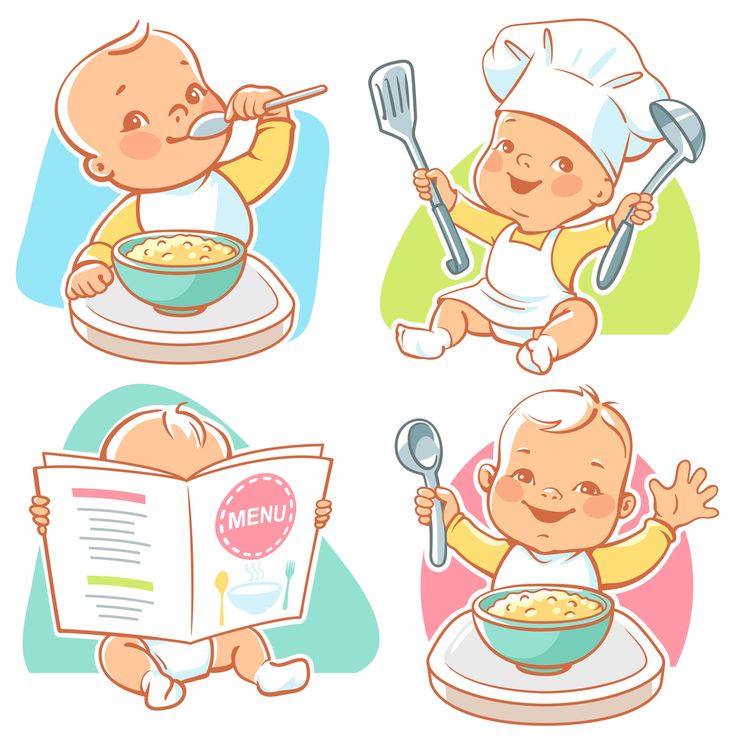 MunnellAlisa WolfsonAmelia LangasAmotz Asa-ElAmy HoakAndrea RiquierAndrew KeshnerAndrew O'DayAndrew ShillingAndrew ZaleskiAngela AntonelliAngela JohnsonAngela MooreAnn CatesAnna-Louise JacksonAnne StanleyAnne TergesenAnneken TappeAnora M. GaudianoAnushree DaveAnviksha PatelAshby DanielsAssociated PressAvi GilburtBarbara ChaiBarbara KollmeyerBarry D. WoodBeth KindigBeth PinskerBianca FlowersBill BischoffBill DonoghueBill PetersBrett ArendsBrian AguilarBrian J. O'ConnorBrian LivingstonBrienne WalshCaitlin HustonCaixin OnlineCallum KeownCamille DashCapt. 'Sully' SullenbergerCarla MozeeCaroline BaumCatey HillCharles PassyChelsea QiaoChris EdelsonChris FarrellChris MatthewsChristine IdzelisChuck JaffeCiara LinnaneClaudia AssisClive McKeefCody WillardConrad de AenlleCraig StephenCraig TolliverCredibleDan MoisandDana AnspachDaniel GoldsteinDanielle Howard, CFPDarrell DelamaideDavid B. WilkersonDavid KudlaDavid Marino-NachisonDavid MarshDiana Furchtgott-RothEd YardeniElaine YoungEleanor LaiseElisabeth BuchwaldElizabeth O'BrienEllie IsmailidouElliot Blair SmithEmily BaryEmma CourtEmma OckermanEric GarciaErica SnowErin SloweyEva RosenbergFrances YueFrancine McKennaGlenn RuffenachGreg RobbHans-Werner SinnHarriet EdlesonHarry BoxerHarry MargolisHome MediaHoward GoldIndu ChandrasekharIrwin KellnerIsabel WangIvan MartchevJ.
MunnellAlisa WolfsonAmelia LangasAmotz Asa-ElAmy HoakAndrea RiquierAndrew KeshnerAndrew O'DayAndrew ShillingAndrew ZaleskiAngela AntonelliAngela JohnsonAngela MooreAnn CatesAnna-Louise JacksonAnne StanleyAnne TergesenAnneken TappeAnora M. GaudianoAnushree DaveAnviksha PatelAshby DanielsAssociated PressAvi GilburtBarbara ChaiBarbara KollmeyerBarry D. WoodBeth KindigBeth PinskerBianca FlowersBill BischoffBill DonoghueBill PetersBrett ArendsBrian AguilarBrian J. O'ConnorBrian LivingstonBrienne WalshCaitlin HustonCaixin OnlineCallum KeownCamille DashCapt. 'Sully' SullenbergerCarla MozeeCaroline BaumCatey HillCharles PassyChelsea QiaoChris EdelsonChris FarrellChris MatthewsChristine IdzelisChuck JaffeCiara LinnaneClaudia AssisClive McKeefCody WillardConrad de AenlleCraig StephenCraig TolliverCredibleDan MoisandDana AnspachDaniel GoldsteinDanielle Howard, CFPDarrell DelamaideDavid B. WilkersonDavid KudlaDavid Marino-NachisonDavid MarshDiana Furchtgott-RothEd YardeniElaine YoungEleanor LaiseElisabeth BuchwaldElizabeth O'BrienEllie IsmailidouElliot Blair SmithEmily BaryEmma CourtEmma OckermanEric GarciaErica SnowErin SloweyEva RosenbergFrances YueFrancine McKennaGlenn RuffenachGreg RobbHans-Werner SinnHarriet EdlesonHarry BoxerHarry MargolisHome MediaHoward GoldIndu ChandrasekharIrwin KellnerIsabel WangIvan MartchevJ.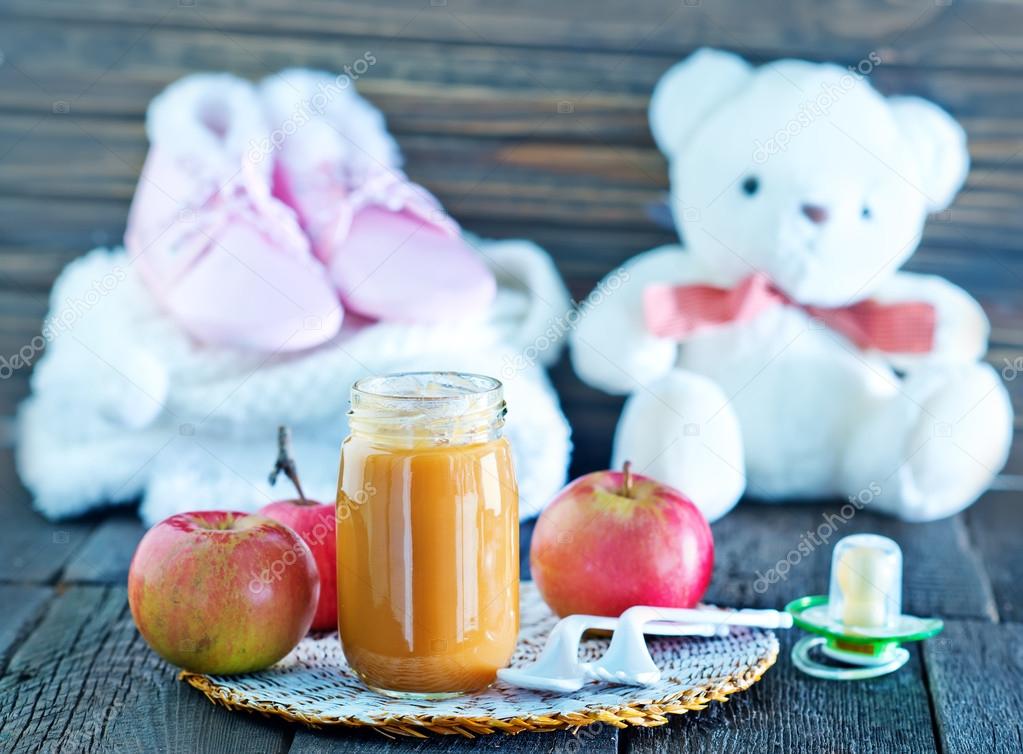 Bradford DeLongJ.J. ZhangJack DentonJacob PassyJaimy LeeJames KayJames RogersJamie ChisholmJeanette PaviniJeanette SettembreJeff ReevesJeffrey D. SachsJeffry BartashJennifer AdamsJennifer BootonJennifer WatersJennifer WeissJenny LlakmaniJeremy BinckesJeremy C. OwensJeremy OlshanJessica HallJessica Marmor ShawJillian BermanJim BlankenshipJim JelterJim LowellJohn C. DvorakJohn CoumarianosJohn ESI MoneyJohn MauldinJohn NyaradiJohn PrestboJohn WordockJon SwartzJonathan BurtonJonathan ClementsJoseph AdinolfiJoseph CoughlinJoseph E. GagnonJoseph E. StiglitzJoseph S. NyeJoy WiltermuthJurica DujmovicKaren FischerKaren FriarKarishma VanjaniKat BorgerdingKaterina AngKatherine WilesKathleen BurkeKatie MarrinerKenn TacchinoKenneth RogoffKerry HannonKevin MarderKimberly BlantonKoichi HamadaKristen GerencherLaura TysonLawrence A. CunninghamLawrence G. McMillanLeslie AlbrechtLevi SumagaysayLina SaigolLukas I. AlpertMaddy PerkinsMarek FuchsMaria LaMagnaMark DeCambreMark HulbertMarketWatch MarketWatch AutomationMarketWatch RadioMartin FeldsteinMary Helen GillespieMatthew HeimerMatthew LynnMeera JagannathanMelody JugeMichael AshbaughMichael BrushMichael CaseyMichael EdesessMichael J.
Bradford DeLongJ.J. ZhangJack DentonJacob PassyJaimy LeeJames KayJames RogersJamie ChisholmJeanette PaviniJeanette SettembreJeff ReevesJeffrey D. SachsJeffry BartashJennifer AdamsJennifer BootonJennifer WatersJennifer WeissJenny LlakmaniJeremy BinckesJeremy C. OwensJeremy OlshanJessica HallJessica Marmor ShawJillian BermanJim BlankenshipJim JelterJim LowellJohn C. DvorakJohn CoumarianosJohn ESI MoneyJohn MauldinJohn NyaradiJohn PrestboJohn WordockJon SwartzJonathan BurtonJonathan ClementsJoseph AdinolfiJoseph CoughlinJoseph E. GagnonJoseph E. StiglitzJoseph S. NyeJoy WiltermuthJurica DujmovicKaren FischerKaren FriarKarishma VanjaniKat BorgerdingKaterina AngKatherine WilesKathleen BurkeKatie MarrinerKenn TacchinoKenneth RogoffKerry HannonKevin MarderKimberly BlantonKoichi HamadaKristen GerencherLaura TysonLawrence A. CunninghamLawrence G. McMillanLeslie AlbrechtLevi SumagaysayLina SaigolLukas I. AlpertMaddy PerkinsMarek FuchsMaria LaMagnaMark DeCambreMark HulbertMarketWatch MarketWatch AutomationMarketWatch RadioMartin FeldsteinMary Helen GillespieMatthew HeimerMatthew LynnMeera JagannathanMelody JugeMichael AshbaughMichael BrushMichael CaseyMichael EdesessMichael J.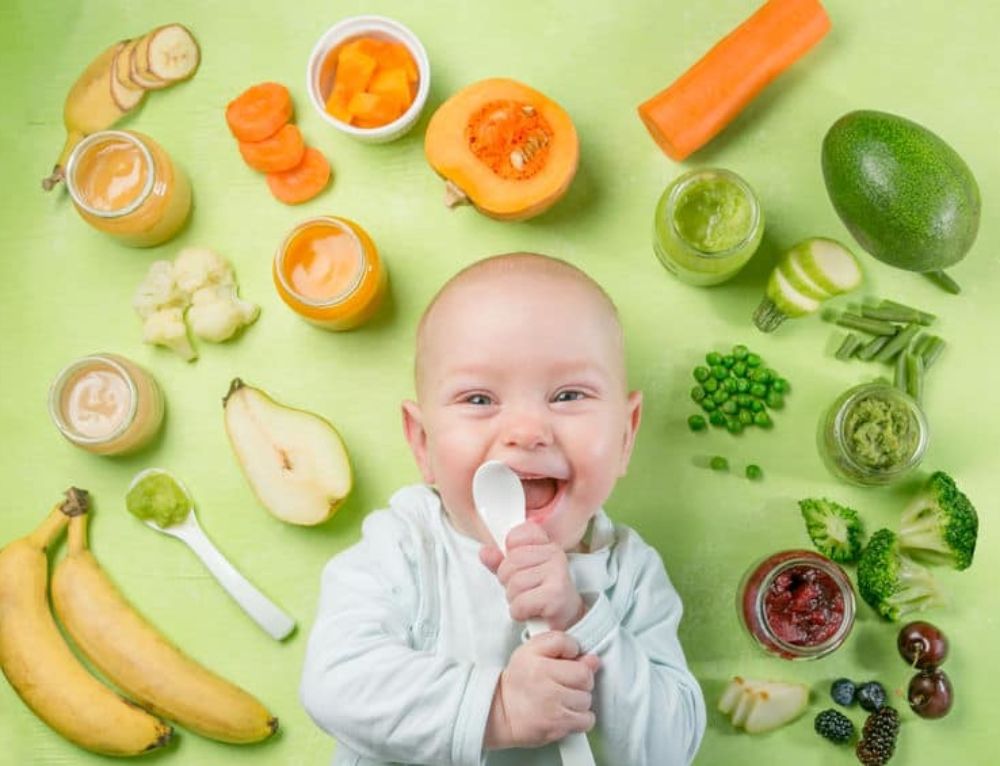 BoskinMichael KahnMichael KitchenMichael SincereMichael SpenceMichelle CoffeyMike MurphyMitch TuchmanMohamed A. El-ErianMohammed SaeedMorey StettnerMyra P. SaefongNathan VardiNew York Post ShoppingNicole Lyn PesceNigam AroraNouriel RoubiniOlivia S. MitchellParris KellermannPaul A. MerrimanPaul B. FarrellPaul BrandusPedro Nicolaci da CostaPeter MalloukPeter MoriciPhilip van DoornPicks AutomationPierre BriançonQuentin FottrellRaakhee MirchandaniRachel Koning BealsRanica ArrowsmithRebecca ZieglerReed AlexanderRex CrumRex NuttingRichard EisenbergRichard N. HaassRichard QuinnRobert J. ShillerRobert PowellRobert SchroederRoger WohlnerRupert SteinerRyan ShroutRyan VlastelicaSally FrenchSara SjolinSarah SquireSarah ToyShawn LangloisShoshana WodinskySienna ScibirdSilvia AscarelliSimon JohnsonSital S. PatelStackCommerceStephen S. RoachSteve AdcockSteve GelsiSteve GoldsteinSteve KerchSteven KutzSue ChangSunny OhSushma U. NSyd StoneTanja HesterTherese PolettiThomas H. Kee Jr.Thornton McEneryTim MullaneyTim RostanTom BemisTom TeodorczukTomi KilgoreTonya GarciaTrey WilliamsVictor ReklaitisVitaliy KatsenelsonVivien Lou ChenWallace WitkowskiWeston BlasiWilliam DavisWilliam WattsZoe Han
BoskinMichael KahnMichael KitchenMichael SincereMichael SpenceMichelle CoffeyMike MurphyMitch TuchmanMohamed A. El-ErianMohammed SaeedMorey StettnerMyra P. SaefongNathan VardiNew York Post ShoppingNicole Lyn PesceNigam AroraNouriel RoubiniOlivia S. MitchellParris KellermannPaul A. MerrimanPaul B. FarrellPaul BrandusPedro Nicolaci da CostaPeter MalloukPeter MoriciPhilip van DoornPicks AutomationPierre BriançonQuentin FottrellRaakhee MirchandaniRachel Koning BealsRanica ArrowsmithRebecca ZieglerReed AlexanderRex CrumRex NuttingRichard EisenbergRichard N. HaassRichard QuinnRobert J. ShillerRobert PowellRobert SchroederRoger WohlnerRupert SteinerRyan ShroutRyan VlastelicaSally FrenchSara SjolinSarah SquireSarah ToyShawn LangloisShoshana WodinskySienna ScibirdSilvia AscarelliSimon JohnsonSital S. PatelStackCommerceStephen S. RoachSteve AdcockSteve GelsiSteve GoldsteinSteve KerchSteven KutzSue ChangSunny OhSushma U. NSyd StoneTanja HesterTherese PolettiThomas H. Kee Jr.Thornton McEneryTim MullaneyTim RostanTom BemisTom TeodorczukTomi KilgoreTonya GarciaTrey WilliamsVictor ReklaitisVitaliy KatsenelsonVivien Lou ChenWallace WitkowskiWeston BlasiWilliam DavisWilliam WattsZoe Han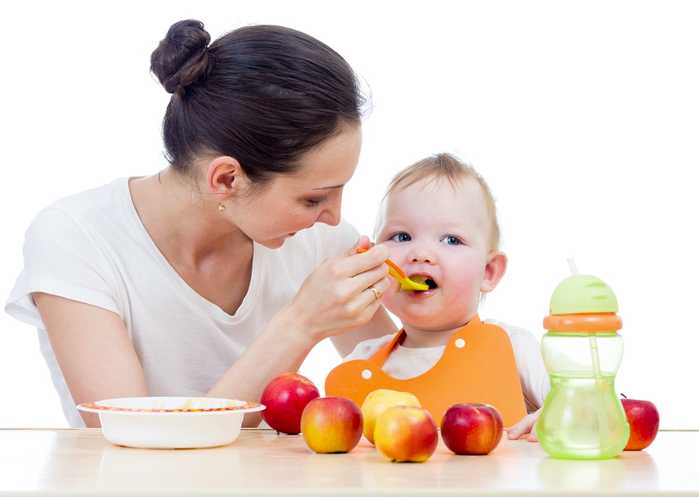 ..
..
